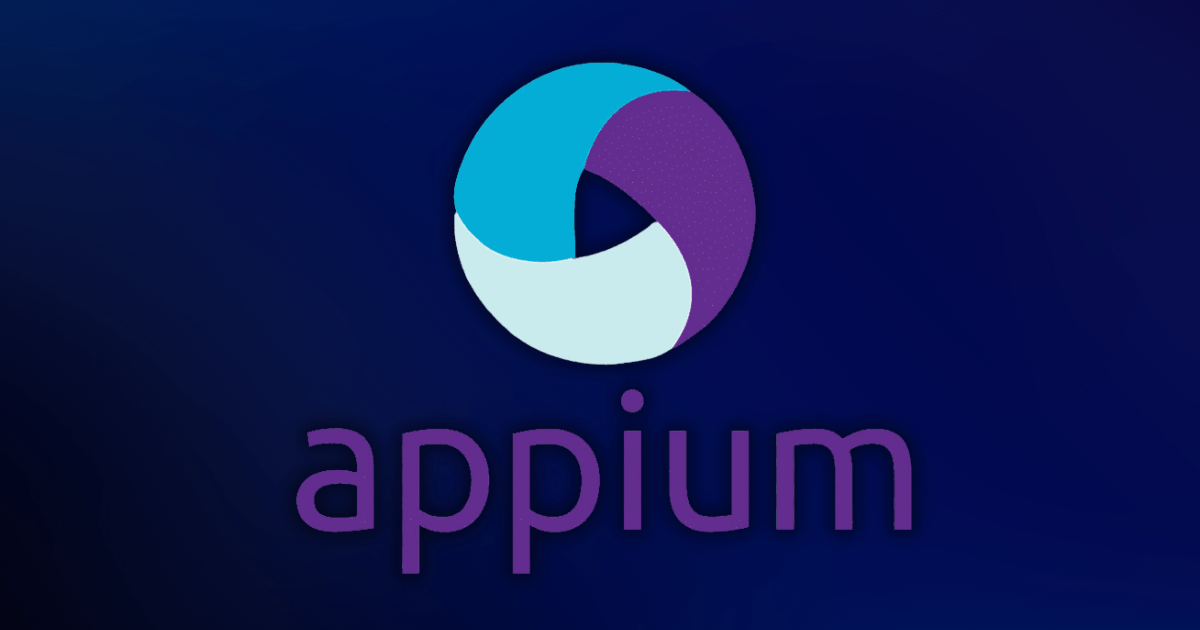Testing is a vital part of the mobile app development process. It ensures a smooth user experience. Appium is one tool that has made a big impact in the mobile app development space. You’re at the right place if you’re a new user of Appium, or if you’re considering using it to test your applications. This post will go into detail about the pros and con of Appium Framework, and how it functions.
Appium is a free open-source tool that automates the testing of mobile applications. Appium lets you test hybrid, native and mobile web applications, whether you are working with iOS, Android or Windows apps. Like any tool, Appium has its advantages and disadvantages. Let’s take a look at them!
Table of Contents
What is Appium
Appium is an open-source mobile testing tool that runs on all platforms. It can automate any mobile application from any language or test framework. Test code has full access to the back-end APIs, DBs and other resources. It offers developers flexibility by supporting a variety of programming languages, including Java, JavaScript and Python.
Appium Framework: How it Works
Appium uses the WebDriver protocol for iOS and Android sessions. This is a brief overview of Appium’s architecture.
- Appium Server This server, written in Node.js and receiving commands from Appium libraries client libraries, translates these commands into platform-specific commands.
- Client libraries: These libraries are used by scripts in various languages. They send commands to a server using the WebDriver JSON Wire Protocol.
- Platform Specific Drivers: These driver (e.g. UiAutomator Android, XCUITest iOS) handle interaction with mobile apps.
Appium Pros
- Open Source: Appium, being open-source and free, is a great option for both startups and larger enterprises.
- Cross Platform: Appium is compatible with both Android and iOS. This allows you to create tests for both platforms by using the same codebase.
- Language support: Appium supports multiple programming languages and allows developers to create tests in the language that they feel most comfortable.
- App Modification Not Required: Appium does not require that you recompile your app or modify it to test it.
- Community and Ecosystem: Appium is a popular tool with a large user community, extensive documentation and many integrations. This makes it easy to find resources and support.
Appium Cons
- Performance Issues Appium is sometimes slower than other native automation tools. This is especially true for large-scale and complex testing scenarios.
- Limitations due to platform-specific limitations: As it relies on drivers specific to each platform, any bugs or limitations in these drivers could affect your testing.
- Complexity of Setup: The initial setup and configuration for Appium is complicated, especially for beginners.
- Inconsistent behavior across platforms: It can be difficult to write truly cross-platform test cases as certain features or behaviors may differ between iOS and Android.
- Dependency of WebDriver: Because Appium is built on the WebDriver Protocol, it inherits many of the limitations and issues that are associated with WebDriver.
Ready to enhance your software quality and accelerate your time to market? Contact us today at sales@stelotechnology.com to request a customized quote for your business!
Detailed Pros and cons Breakdown

Open Source Advantage
Appium’s open-source nature is one of the main reasons why it’s so popular. It allows for customization and cost savings. This allows you to customize the tool according to your testing needs, without worrying about licensing costs.
Cross-Platform Testing
Appium allows you to write a single script that can be used for both Android and iOS. It can save you a lot of time and effort by allowing you to create a single test script for both Android and iOS.
Language Flexibility
Appium supports multiple programming languages, so you can use one language to develop and test your app. This helps to maintain consistency and reduces the learning process.
Non-invasive Testing
Appium’s capability to test apps without having to modify them is a huge plus. Test the exact app that users will see, to ensure that your tests are realistic.
Community and Resources
You can easily find tutorials and third-party tools, as well as resources and resources from a large, active community, to improve your testing framework. There is a good chance that someone else has experienced the same issue as you and there are solutions readily available.
The Drawbacks
Appium is not without its challenges. Let’s address some of the cons.
Performance Issues
You may notice lag when performing high-performance tests, particularly in cases involving complex UI animations or interactions. You can reduce this by optimizing your test scripts or integrating Appium with other performance-testing tools.
Platform Specific Limitations
Any issues with the drivers of platform-specific platforms can affect your tests. Appium’s dependencies and staying up to date with the latest version of Appium can minimize these issues.
Setup complexity
It can be intimidating for those who are new to automation testing. Documentation and forums in the community can be extremely helpful. Understanding the setup process in detail can help you avoid headaches later on.
Unreliable behavior
Cross-platform testing can reveal inconsistencies that exist between iOS and Android. It is important to write adaptable, modular test scripts which can accommodate these differences. Your tests may need to include conditional checks and platform-specific adjustments.
WebDriver Dependency
WebDriver has quirks and limits that can affect your testing process. WebDriver’s community is constantly updating and improving its best practices and updates.
Conclusion
Appium is an excellent tool for testing mobile apps. It offers many benefits, including being open-source and cross-platform, as well as supporting multiple programming languages. It also has some challenges, such as performance problems and complexity in setup. Understanding both the pros as well as the cons will help you decide whether Appium is right for your testing requirements.
Appium is a powerful tool for mobile app development because of its flexibility and community support. Appium can be used to create high-quality mobile apps that are bug-free with careful planning and setup.


